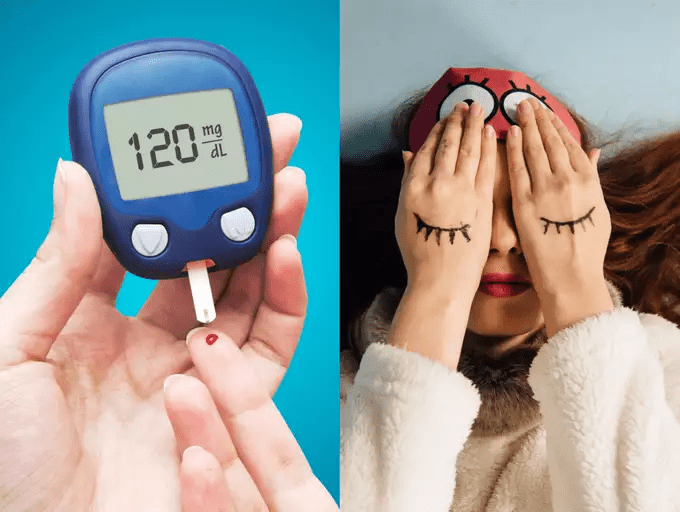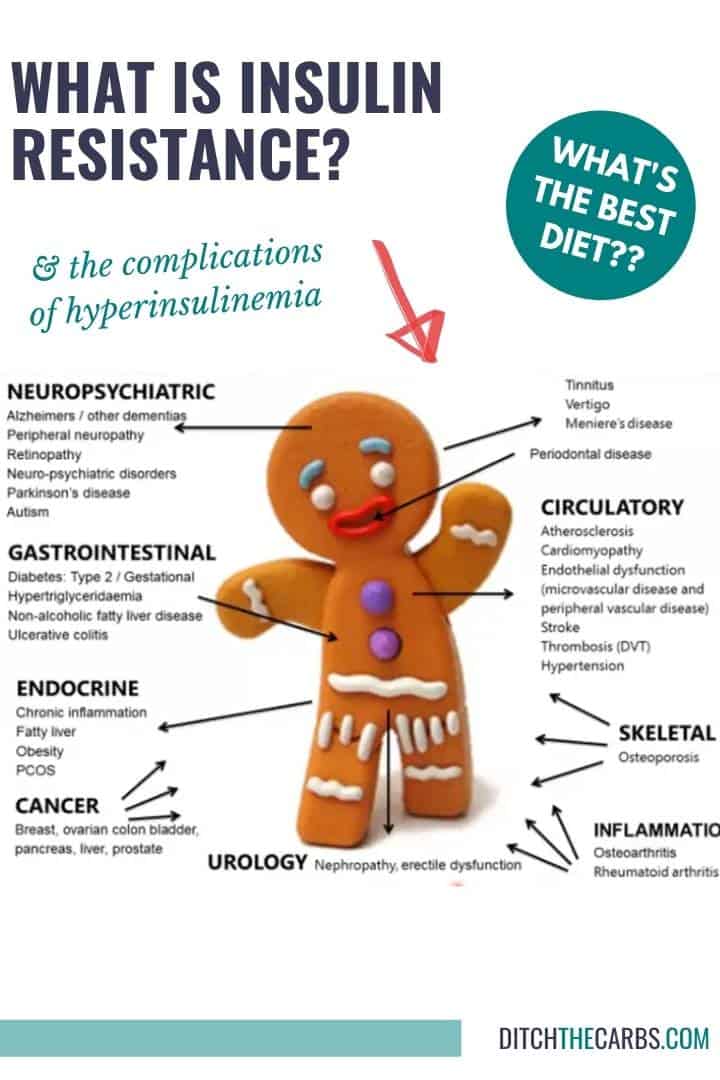
Research has indicated that genetics and poor lifestyle choices can drive individuals towards insulin resistance and type 2 diabetes (Lee & Nieman, 2013). Thus far, we have been exploring methods to monitor and track individuals suspected to be at risk for said conditions. However, I would like to suggest another relevant measure that would help nutritionists and researchers determine another impetus behind insulin resistance; poor sleep.

Donga et al. (2010) indicated that optimal sleep plays a crucial role in normal glucose metabolism. Furthermore, intraindividual diurnal variations exist whereby glucose utilization is highest during waking hours and lower during rapid eye movement (REM). However, epidemiological research has indicated that partial sleep deprivation impairs glucose metabolism and said diurnal variations (Donga et al., 2010). Furthermore, other experimental research has supported such findings and indicated that restricting sleep to as little as 4 hours a night for only 2 nights reduced glucose tolerance by 40% and the acute insulin response by 30% in healthy subjects(Donga et al., 2010). Although glucose metabolism has been reviewed in sleep deprivation, the researchers indicated that measuring insulin sensitivity (another biomarker considered crucial in tracking pre-diabetes) remained unknown. Thus, Donga et al. (2010) explored said hormone and is relationship to sleep deprivation.
9 healthy males and females (5 men, 4 women) were recruited for said experiment and underwent 3 days of sleep deprivation, with each day separated by 3 weeks. Baseline sleeping patterns were measured 7 days before the sleep study using self-report questionnaires (Sleep Quality Index, Epworth Sleepiness Scale, Berlin Questionnaire) on sleep duration and sleep quality (Donga et al., 2010). Subjects also kept detailed logs of eating habits and physical activity for 3 days leading up to each study. During the sleep study, subjects spent 8.5 hours in bed (11am-7:30am), but only slept from 1am-5am (Donga et al., 2010). Donga et al. (2010) chose to place sleep between 1am-5am because they wanted to compress both REM (occurs later in the night) and non-REM/slow wave sleep (happens earlier in the night) stages, and to be able to compare their study to other studies with the same conditions (Donga et al., 2010).

Insulin changes were measured via a hyperinsulinemic euglycemic clamp (considered a gold standard of measuring insulin sensitivity) for each subject before the intervention (baseline measures) and after the study on the second and third night of sleep deprivation (Donga et al., 2010). Results indicated that a single night of partial sleep restriction reduced insulin sensitivity by 19-25% and lipolysis (fat breakdown) among subjects in addition to increased glucose production. Having considered the implications of increased insulin levels (atherosclerosis, hypertension, chronic inflammation, low high-density lipoproteins (HDLs), elevated triglycerides, obesity, and cancer) in the blood from my last post, such findings emphasize the physiological consequences of poor sleep (Faloon, 2013).
In conclusion, consistent sleep quality and duration should be considered another intervention to maintain optimal glucose levels and insulin sensitivity among individuals. Furthermore, it might be prudent to include questions regarding sleep quality and duration as a metric among individuals who as suspected to be at risk for pre-diabetes and diabetes. Ultimately, such an approach would help provide wider and deeper insights into underlying causes of health issues among at-risk individuals.
References
Donga, E., Diijk, M. V., Diijk, G. V., Biermasz, N. R., Lammers, G. J., Kralingen, K. W. V., … Romjin, J. A. (2010). The Journal of Clinical Endocrinology and Metabolism, 95(6), 2963-2968.
Faloon, W. (2013). Blood levels of insulin and hemoglobin a1c in foundation members. Retrieved from http://lifeextension.com/magazine/2013/7/blood-levels-of-insulin-and-hemoglobin-a1c-in-foundation-members/page-01 (Links to an external site.)
Lee, R. D., & Nieman, D. C. (2013). Nutritional assessment (6thed.). New York, NY: McGraw-Hill.
-Michael McIsaac
